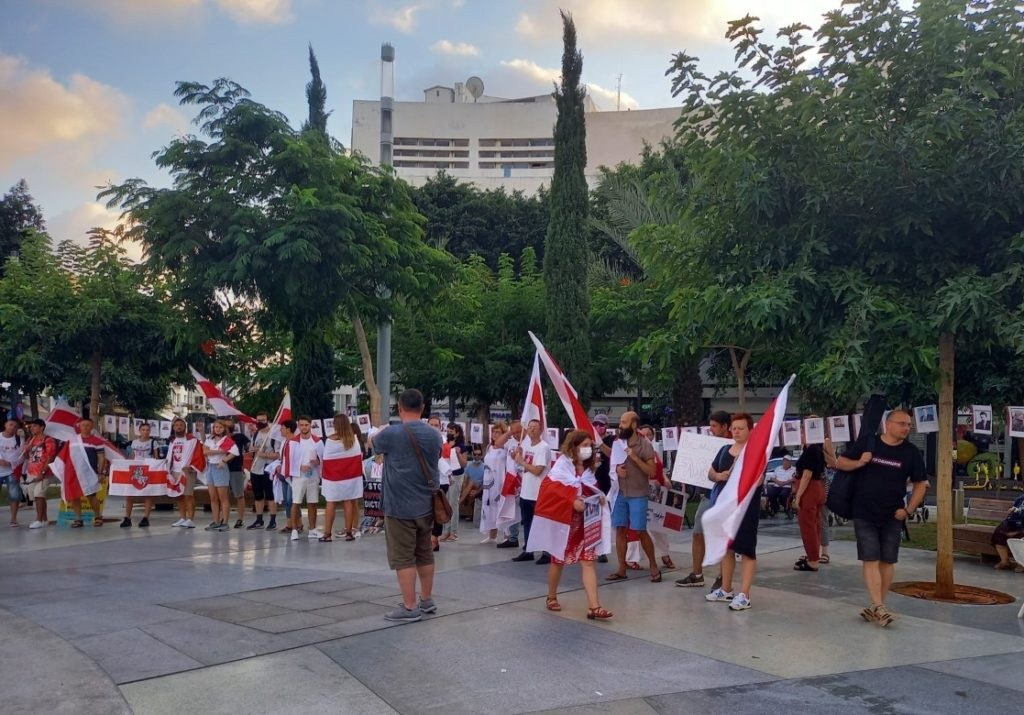In an exceptional decision, the European Court of Human Rights decided on Wednesday that Polish and Latvian authorities will provide people stranded at their borders with Belarus with food, water, clothing, adequate medical care and, if possible, temporary shelter.
The measures will apply for a period of three weeks until 15 September 2021. The decision is based on a rule which allows the Court, in exceptional cases, to decide on interim measures where applicants face an imminent risk of irreparable harm.
In this case, the applicants consist of two groups. One group comprises 32 Afghan nationals currently at the border between Poland and Belarus. The applicants in the other group are 41 Kurdish Iraqi nationals. They are currently at the border between Latvia and Belarus.
Importantly, the Court clarifies that this measure is not mandating Poland or Latvia to let the applicants enter their territories. However, the Court might decide on the right to apply for asylum in the next phase of the proceedings.
In fact, Lithuania has reportedly received about 4,200 migrants already this year who have crossed the border from Belarus. Asked at a press briefing this week how Lithuania should handle the situation if the migrants refuse to leave the country, a Commission spokesperson said he could not give any legal advice but underlined that asylum applications must be assessed individually.
A Swedish journalist who was allowed to visit a camp for migrants at Kazitiskis, a village north of the Lithuanian capital, reported this week in Dagens Nyheter that the camp houses 120 refugees from nations including Iraq and Afghanistan (as well as other countries). The conditions were described as 'spartan'. It took also months for the refugees to be registered by the Lithuanian authorities.
Poland appears to apply an even harsher policy and is preventing migrants from crossing the Belarusian border. The Swedish journalist spotted 32 persons, all from Afghanistan, who were stranded in a no man’s land between Belarusian and Polish border guards without access to safe and sanitary conditions.
The Polish ombudsman for human rights, Marcin Wiacek, has criticised his country for its handling of the situation and stated that the border guards are obliged to receive asylum applications.
Asked to comment on alleged pushbacks at the border, a Commission spokesperson replied that the Commission firmly rejects attempts by the Belarusian regime to manipulate migrants and exert pressure on the EU’s external borders. He added that the Commission is following the situation and is in contact with the Polish authorities.
At a recent extraordinary meeting (18 August), interior ministers of EU Member States discussed the need for additional assistance for the Member States bordering Belarus. They also discussed the latest developments in Afghanistan.
The ministers will meet again next week. European Commission President von der Leyen described the meeting as a step in deciding on the scheme for voluntary settlement of Afghan nationals and their families that have been evacuated from the country following the Taliban takeover of the country. Member States are expected to allocate humanitarian visas to the evacuated people.
She also said after the G7 meeting this week "that the events we see in recent days underline the urgent need for Member States and the European Parliament to come to an agreement on our proposed Pact on Migration and Asylum. We need a fully functioning system in place that allows us to effectively manage our borders, ensures solidarity between Member States, and cooperates with countries of origin and transit."
M. Apelblat
The Brussels Times

